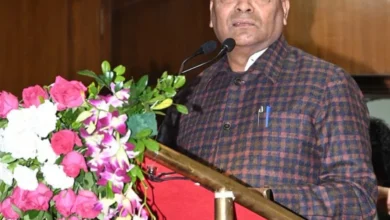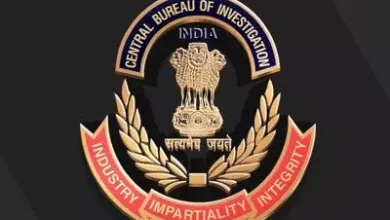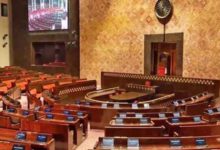MHC reserves warrant qua warrant against Udhayanidhi, Shekharbabu and MP A Raja

Chennai: The Madras High Court on Thursday reserved orders in the warrant petitions filed against Minister Udhayanidhi Stalin, PK Shekhar Babu and Member of Parliament (MP) A Raja for alleged comments against Sanatan Dharma and the court also directed all the lawyers . To file written arguments.
Senior advocate R Viduthalai appeared for A Raja and argued before Justice Anita Sumanth that the petition filed against his client was politically motivated and not maintainable to begin with. The lawyer argued that the petition was filed because his client violated the Constitution by criticizing Sanatan Dharma, but his speech was against untouchability and inequality and advocated gender equality which was stipulated in the Constitution, he actually did the same. Publicized what is prescribed in the Constitution.
Even though Raja is a Hindu, he is against discrimination against each other on the basis of caste, which is an aspect of Sanatan Dharma, so he preaches against it. He further argued that an MP can be disqualified by the President and cannot be disqualified by a court of law by issuing a warrant.
Senior advocate TV Ramanujam appeared for the petitioner and termed the controversial speech of A Raja as hate speech as it hurts the majority of the people of the country. He further cited the Supreme Court order and said that if someone is giving free speech then he has to be careful that the speech does not hurt others. The lawyer said no one has the right to eliminate any ideology and said the status quo deserves to be maintained.
Senior advocate P Wilson appeared for Udhayanidhi and petitioner’s counsel G. Rajagopalan who argued that the DMK leader was speaking against Hindus.
Wilson said, most of the people of the state and even most of the DMK cadre are Hindus and it is the Hindus who have elected the DMK.
He further argued that disqualification for MPs and MLAs is the sole prerogative of Parliament under Article 191(E) and courts must respect the separation of powers.
After all the lawyers completed their oral arguments, the judge directed them to file written arguments.
















